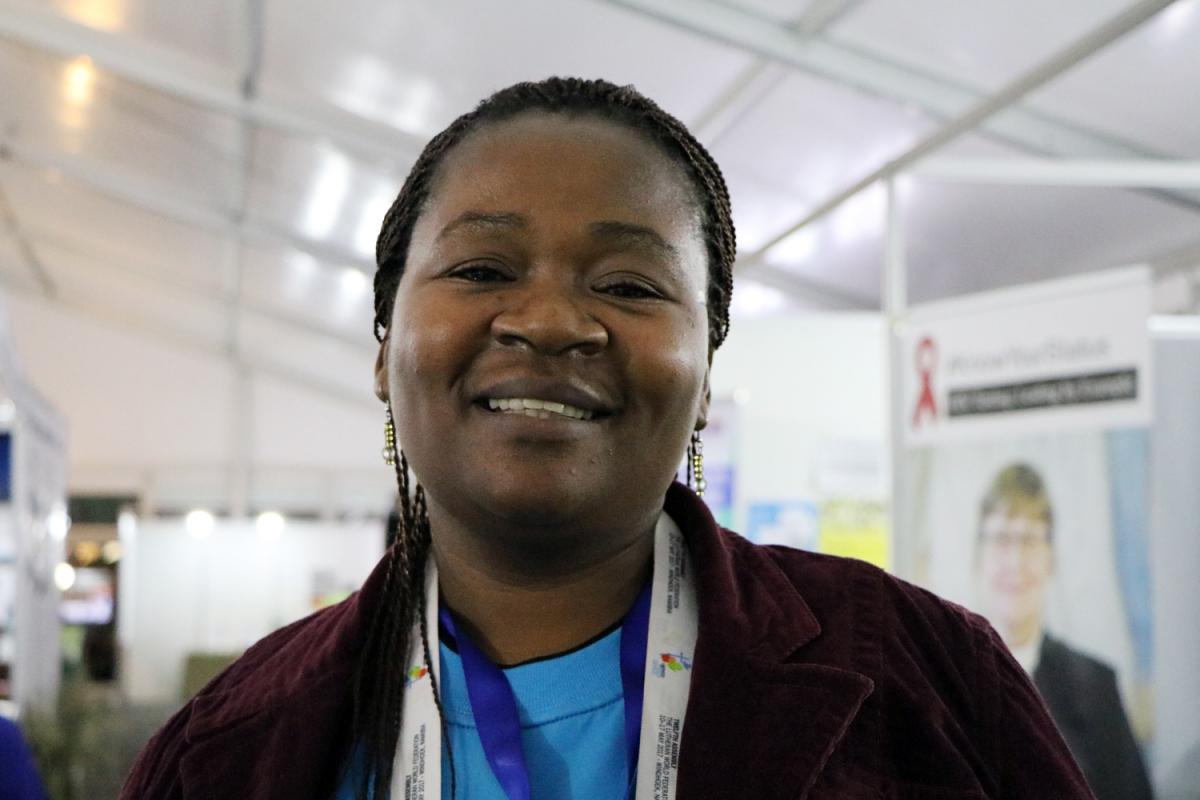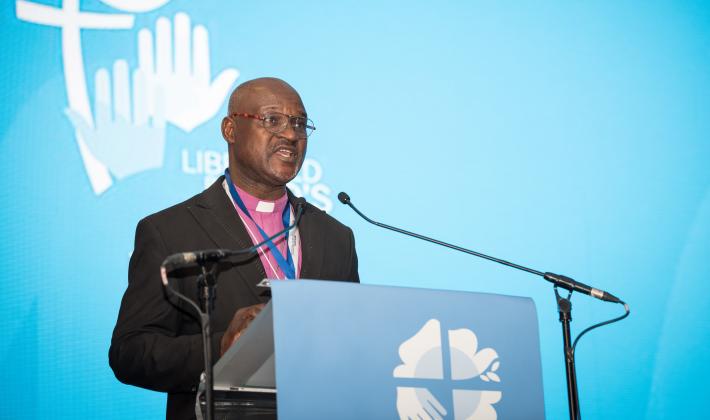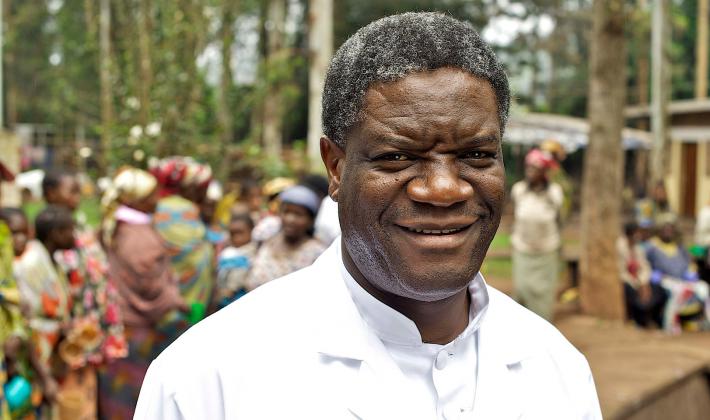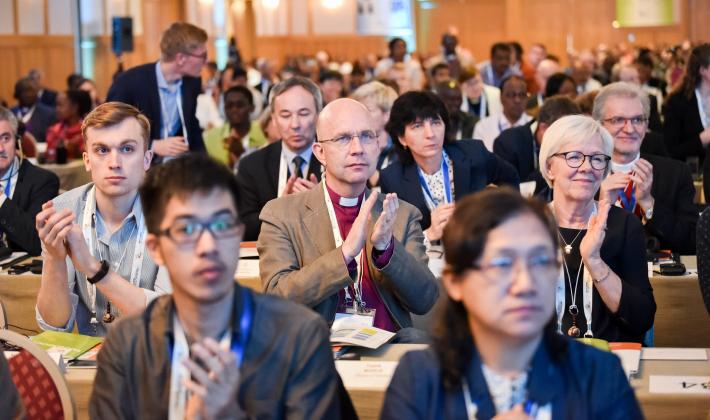
“The Kenyan Beehive Project practiced by Evangelical Lutheran Church in Zimbabwe is proving to be an environmental friendly and sustainable business,” says Yeukai Muzezewa.
Speaking during the Twelfth Assembly of The Lutheran World Federation during Omatala, an Oshiwambo word for “marketplace”, the Malaria Project Coordinator for the Evangelical Lutheran Church in Zimbabwe (ELCZ) says her church supports more than 200 beehive projects and ensures that the environment is protected while still being profitable.
“We are here at the Omatala to tell the world that it is possible to protect the environment while profiting from the bee hive business,” says Muzezewa. “Farmers harvest three times a year and make good money while trees are growing as this project doesn’t involve cutting down trees.”
The Kenyan Beehive project, which received its name because a Kenyan brought it to Zimbabwe, was initiated in 2016.
Beehive benefits
Malaria is significant issue in Zimbabwe. The ELCZ introduced the beehive project in response to government phasing out the distribution of mosquito nets. The funds raised from the beehives enable the recipients to buy their own nets.
In addition to other benefits, the beehives have made a direct positive impact on the household income for the beehive recipients. It also helps that this access-based community approach to sustainability is suitable to the tropical weather of Zimbabwe.
LWF/Mphatso Thole



